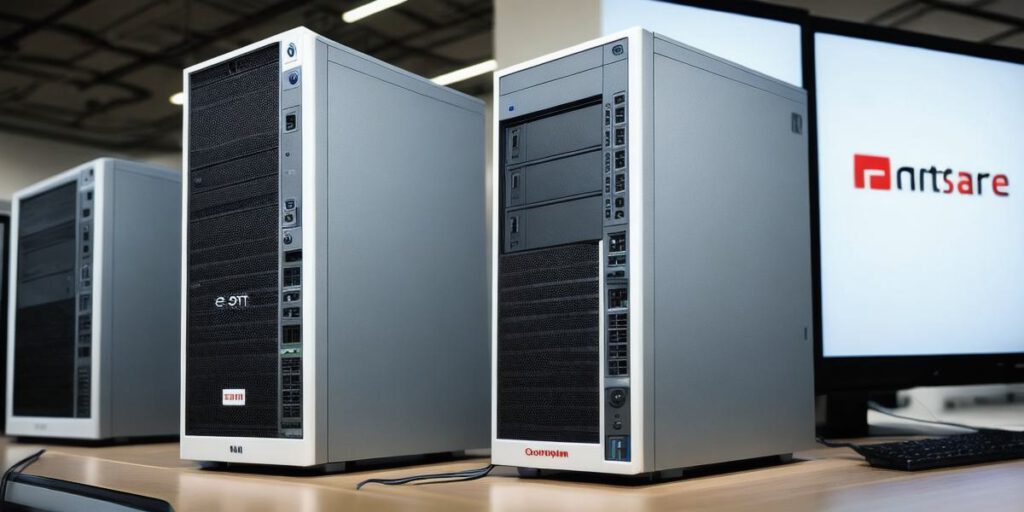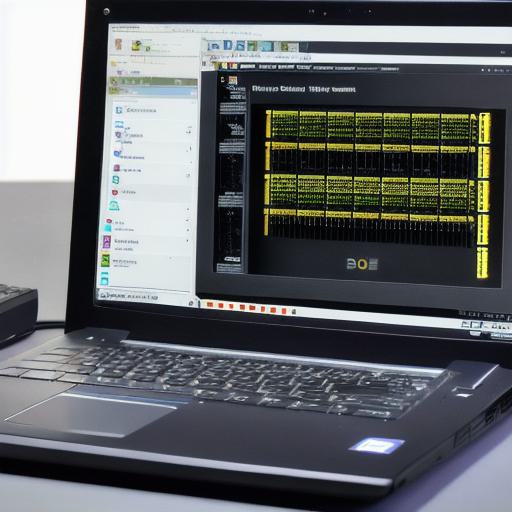What types of software are not considered application software

Introduction:
In today’s digital age, software has become an integral part of our lives. From social media platforms to gaming applications, there is a wide variety of software available to suit our needs. However, not all software can be classified as application software. In this article, we will explore the different types of software that are not considered application software and their unique features.
What is Application Software?
Before we dive into other types of software, it’s essential to understand what application software is. Application software is a type of software designed for end-users to perform specific tasks. These tasks can range from creating documents to playing games, and the software is typically installed on individual computers or devices. Some examples of application software include Microsoft Office, Photoshop, and iTunes.
Types of Software not considered Application Software:
- System Software
System software provides the fundamental services required for a computer to operate. It includes operating systems, device drivers, and firmware. The primary purpose of system software is to manage and control hardware resources, making it possible for other software to run on the computer. Examples of system software include Windows, macOS, and Linux.2. Utility Software
Utility software is a type of software designed to perform specific tasks that are not related to any particular application. These tasks can include file management, data backup, and virus removal. Utility software is often installed on all computers or devices, as it provides essential services that improve the overall performance and security of the system. Examples of utility software include Norton Antivirus, CCleaner, and WinZip.
3. Database Software
Database software is designed to manage and store large amounts of data in an organized manner. It includes software for creating and maintaining databases, as well as software for querying and analyzing the data stored within them. Database software is used by businesses, organizations, and individuals who need to store and retrieve information efficiently. Examples of database software include Microsoft Access, MySQL, and Oracle.
4. Programming Software
Programming software is a type of software that provides tools and resources for developers to create new applications or modify existing ones. It includes integrated development environments (IDEs), programming languages, and debugging tools. Programming software is used by developers who want to build custom software solutions for their clients or organizations. Examples of programming software include Visual Studio, Eclipse, and Python.
5. Middleware Software
Middleware software provides the infrastructure that enables different applications to communicate with each other. It includes software for message queuing, data integration, and web services. Middleware software is used by businesses and organizations that need to integrate different systems and applications to improve their operations. Examples of middleware software include IBM WebSphere, Microsoft BizTalk, and Apache Camel.
Case Studies:
Let’s take a look at some real-life examples of how different types of software are used in various industries and organizations.

- System Software: In the healthcare industry, system software such as electronic health records (EHR) systems are essential for storing and managing patient data. These systems help healthcare providers to access patient information quickly and easily, improving patient care and outcomes. For example, Epic Systems is a leading provider of EHR software that helps hospitals and clinics manage their operations more efficiently.

2. Utility Software
: In the financial services industry, utility software such as anti-virus and malware protection tools are critical for ensuring the security and integrity of computer systems. Financial institutions must comply with strict regulations to protect customer data from cyber threats. For example, McAfee is a leading provider of anti-virus and malware protection software that helps financial institutions to meet these regulatory requirements.
3. Database Software
: In the retail industry, database software such as data warehouses and business intelligence tools are used to analyze customer behavior and preferences. This information can be used to improve product offerings, optimize marketing campaigns, and increase sales. For example, SAP is a leading provider of database software that helps retailers to manage their inventory and supply chain more efficiently.
4. Programming Software
: In the technology industry, programming software such as integrated development environments (IDEs) and debugging tools are essential for building new applications and maintaining existing ones. Developers can use these tools to write code, test code, and debug code quickly and efficiently. For example, Visual Studio is a popular IDE used by developers in the tech industry to build Windows applications.